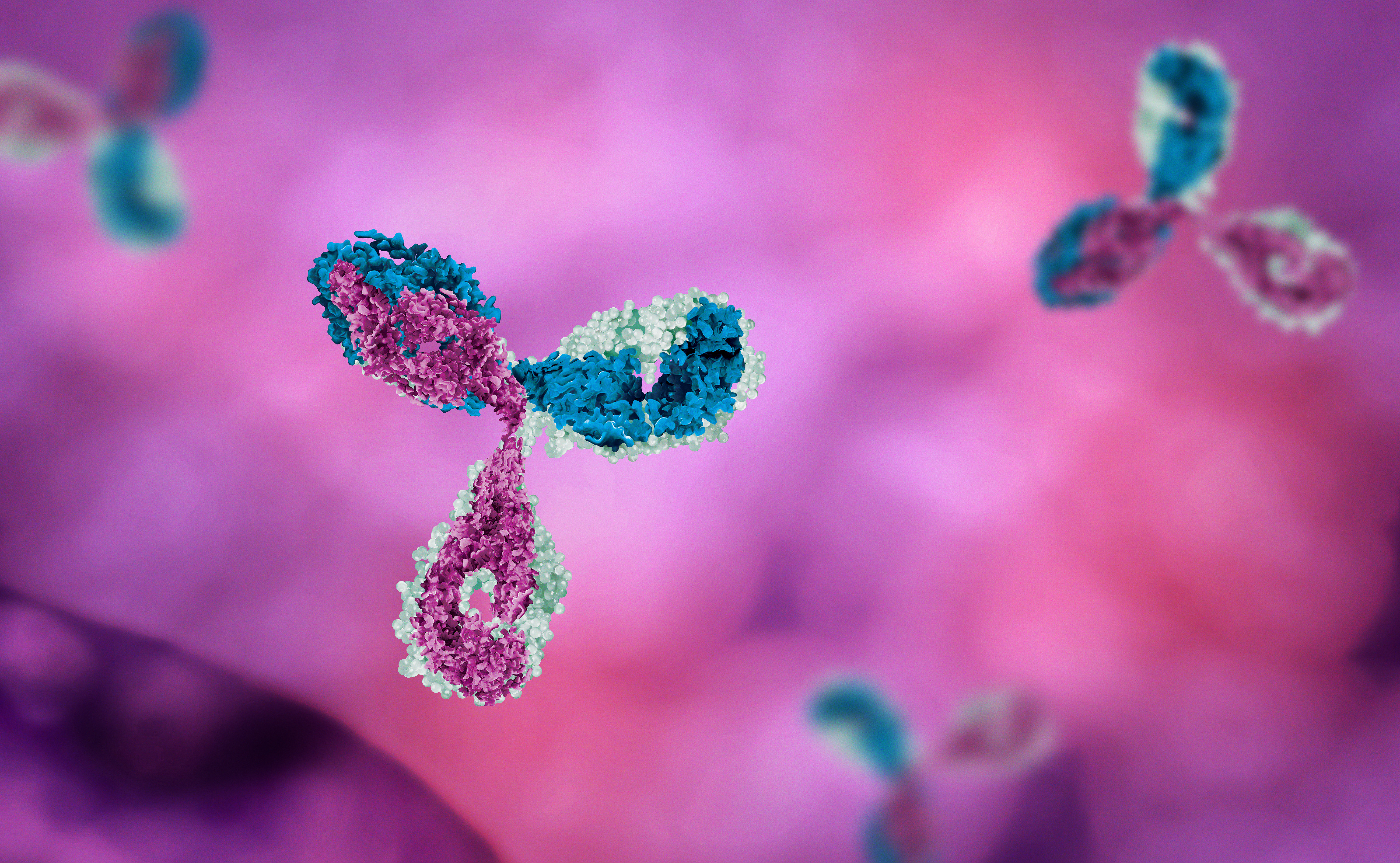
One of the pivotal challenges in the development and commercialisation of cell and gene therapies lies in scaling-up production. This challenge is particularly pronounced as companies transition from clinical trials to full-scale commercialisation.
The inability to scale up the manufacturing process to produce required amounts for clinical trials and commercial therapy can lead to the failure of a product. As part of the approval process, regulatory bodies require thorough documentation of the production processes making it difficult to alter manufacturing processes later in the commercialisation process. Investors are also increasingly looking at whether or not companies have well thought out plans for scaling up. These aspects mean that the rush to the clinic approach that was commonly taken with small molecule drugs does not work well for cell and gene therapies. Instead, aspects of scale up and manufacturing ought to be considered early in the development process.
However for the ATMP industry, scaling up is not only a hurdle, it is also an opportunity for innovation. IP can play a role in protecting and commercialising such innovations.
For cell and gene therapy companies any improvement or advantage in their production process can be a valuable asset, potentially eligible for patent protection. There are also many companies focussing on platforms dedicated to enabling efficient scale-up.
Automation is emerging as an important component in the scaling up of cell therapies. Companies such as Mytos, Miltenyi BioTec, Cellular Origins have produced automated, closed cell processing platforms. These platforms promise not only larger and more efficient batches of cells but also enhanced reproducibility. This minimisation of variability is a crucial aspect in meeting regulatory standards and ensuring consistency in therapeutic outcomes.
There is also a push to move to a full and comprehensive digitised approach to data collection. Previous manual and/or paper-based recording can be bottleneck to batch release of a product. Furthermore, capturing the full data during processing and manufacture of the cells allows for a more thorough understanding of the underlying causes of process deviation and differences in batch outcomes. By integrating digitised data collection early on in development processes can be improved and optimised more quickly.
AI-based optimisation can also play a role in scale up. For example, Form Bio uses AI-based optimisation to design vectors for expression of CARs and T-cell receptors in therapeutic cells. The AI model predicts secondary and tertiary structures in the vector that could lead the replication machinery to fall off and optimises the sequence to prevent this.
The improvement and streamlining of manufacture plays a huge role in patient access. Labour costs represent a significant portion of the overall expense in cell therapy production. It is estimated that labour costs make up around 50% of the cost of a cell therapy product. Reducing this cost contributes to the commercial viability of a therapy and facilitates wider patient access.
In conclusion, the scaling-up challenge is a critical point in the development of cell and gene therapies. Companies that invest time in planning a route forward have a much greater chance of success. Companies are currently developing and investing in scalable technologies and automation, as well as looking to data-driven approaches to address current hurdles. As the cell and gene therapy field progresses, these advancements pave the way for more therapies to successfully move from development, to clinical trials, and on to commercialisation.
Katherine is a member of our life sciences patent team specialising in antibody therapeutics and cell and gene therapy. She is involved in a wide range of patent work, from pre-drafting advice to drafting and prosecution of worldwide patent portfolios. Katherine also has experience in European oppositions, due diligence and freedom-to-operate analyses.
Sign up to our newsletter: Forward - news, insights and features
Our people
Our IP specialists work at all stage of the IP life cycle and provide strategic advice about patent, trade mark and registered designs, as well as any IP-related disputes and legal and commercial requirements.
Our peopleContact Us
We have an easily-accessible office in central London, as well as a number of regional offices throughout the UK and an office in Munich, Germany. We’d love to hear from you, so please get in touch.
Get in touch

